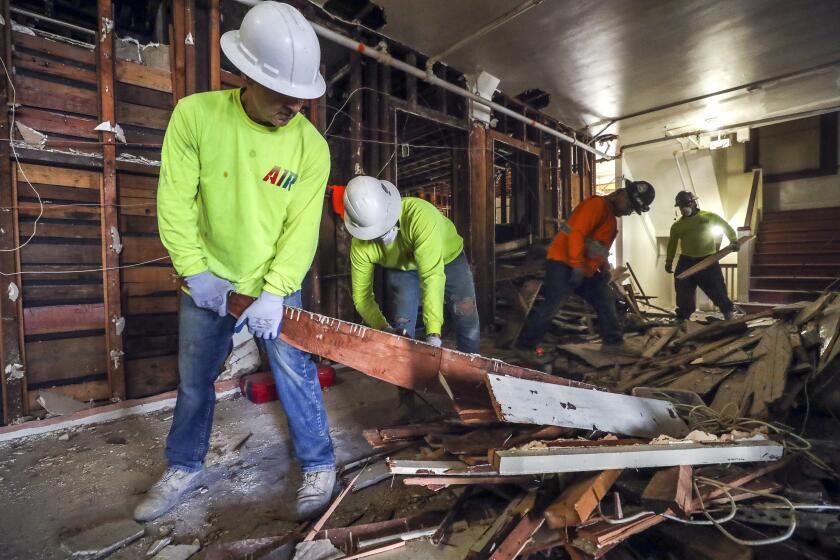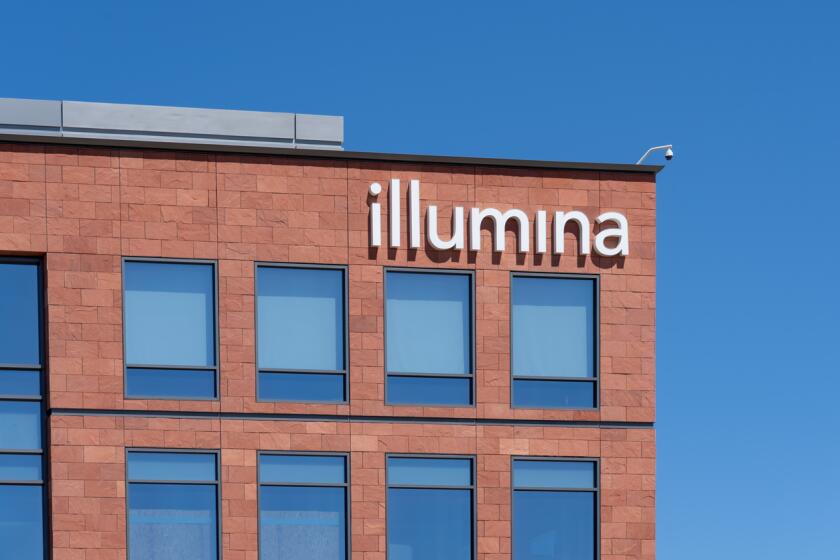ViaSat awarded $283M in patent case

A CARLSBAD-BASED COMMUNICATIONS COMPANY HAS BEEN AWARDED MORE THAN 280-MILLION DOLLARS IN DAMAGES IN A LAWSUIT AGAINST THE BUILDER OF ITS INTERNET SATELLITE. THE JURY’S AWARD WAS LESS THEN THE ALMOST 500-MILLION VIA-SAT HAD WANTED FROM SPACE SYSTEM
A San Diego federal jury on Thursday awarded Carlsbad-based ViaSat $283 million in damages in a patent infringement and breach of contract lawsuit against the builder of its high-capacity Internet satellite.
The amount was less than the roughly $500 million that ViaSat wanted in damages from Space Systems Loral of Palo Alto and its parent company at the time, Loral Space and Communications of New York.
Still, after two weeks of deliberations the eight person jury ruled that Space Systems Loral infringed on all three of ViaSat’s satellite design patents as alleged in the lawsuit. It also found that Space Systems Loral breached at least portions of its agreements to keep ViaSat’s intellectual property confidential.
Loral Space and Communications -- which has since sold its Space Systems Loral division to a Canadian company -- MDA -- was not found liable by the jury.
“What we were looking for was validation and justice,” said Richard Baldridge, president of ViaSat. “The jury obviously took an incredible amount of time to deliberate, and I think they have done both. They have validated our claims. The value wasn’t the full value, but I think the value represents the view that these guys misappropriated our intellectual property.”
John Celli, president of Space Systems Loral, said the company would ask U.S. District Judge Marilyn Huff to reverse the verdict, and if necessary, would appeal the case.
“Obviously we are very disappointed,” said Celli. “We were not expecting that, and we certainly will seek to overturn the verdict.”
In January 2008, ViaSat hired Space Systems Loral to build a high-capacity ViaSat-1 Internet satellite, which used novel architecture to deliver 10 times more bandwidth to subscribers than other satellite-based Internet services at less cost.
Eighteen months later, Space Systems Loral began building a nearly identical satellite for Hughes Network Systems, ViaSat’s top competitor.
ViaSat’s satellite launched in October 2011, and now powers its Exede Internet Service. Rival Hughes launched its copycat satellite in July 2012 that powers it’s high-speed satellite Internet product.
Mike Crawford, an analyst with B.Riley & Co. who follows ViaSat, called the verdict a “very positive result in my opinion.” It sets the stage for a second legal battle between the Space Systems Loral and ViaSat with even higher stakes.
ViaSat filed a separate lawsuit in 2013 alleging further violations of its intellectual property, including newer patents. That pending lawsuit is seeking injunctions to prevent Space Systems Loral from using its patents in any future Internet satellites.
If ViaSat wins, it could block Space Systems Loral from constructing satellites that are already in its manufacturing pipeline – including a second high capacity Internet satellite for Hughes.
ViaSat also is building a second satellite called ViaSat-2, but this time has hired Boeing to construct it.
Get U-T Business in your inbox on Mondays
Get ready for your week with the week’s top business stories from San Diego and California, in your inbox Monday mornings.
You may occasionally receive promotional content from the San Diego Union-Tribune.










